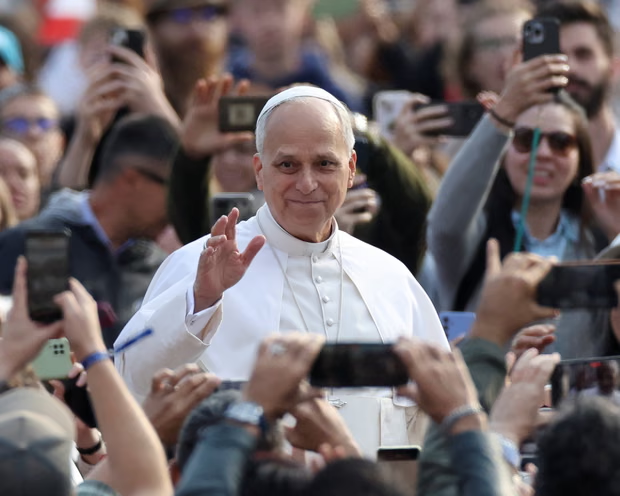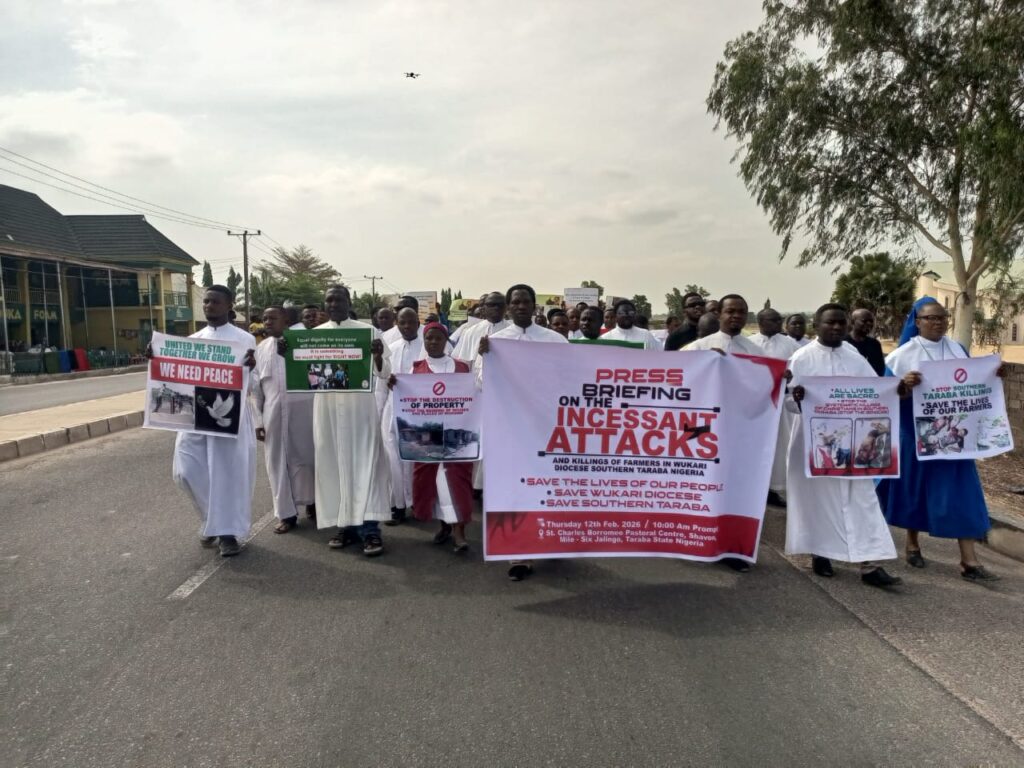Now Reading:
-
01

The Woke Pope’? Leo XIV Defies Conservatives as He Embraces Migrants, Poor, and Climate Justice
As King Charles prepares to meet Pope Leo XIV at the Vatican this week, the contours of the North American pontiff’s leadership are coming into sharper focus — and they are far from what conservative Catholics had hoped for.
Five months into his papacy, Pope Leo XIV — the first North American ever to lead the Roman Catholic Church — is emerging as a cautious yet determined reformer who shares more in common with his predecessor, Pope Francis, than his critics expected.
Despite early gestures that seemed to please traditionalists — from reviving papal traditions such as wearing the red mozzetta to moving into the Apostolic Palace — Leo has made it clear that his moral compass points toward social justice, compassion for migrants, and care for the poor.
“Substantively, Leo is of the same mould as Francis,” said Christopher White, author of Pope Leo XIV: Inside the Conclave and the Dawn of a New Papacy. “They have different temperaments — Francis was spontaneous, Leo is deliberate — but they share a vision of the Church as a field hospital for the world’s most vulnerable.”
After initially courting conservative figures such as Cardinal Raymond Burke and Cardinal Robert Sarah — both vocal critics of Francis — Leo has since made a sharp turn toward progressive advocacy. In a meeting with U.S. bishops, he urged them to speak “strongly” against harsh immigration policies under Donald Trump’s administration.
A few days later, he told worshippers at St Peter’s Square that migration should be seen “as a chance” for renewal in long-established Christian nations.
He went further: “Someone who says, ‘I’m against abortion but in agreement with the inhuman treatment of immigrants,’ — I don’t know if that’s pro-life.”
Leo’s first apostolic exhortation, Dilexi te (I Have Loved You) — completed from a draft initiated by Pope Francis — reinforced his commitment to the poor. It condemned “the dictatorship of an economy that kills” and warned against “a culture that discards others without realising it.”
In another major intervention, the pontiff condemned the use of hunger as a weapon of war at a UN conference in Rome, calling it “a symptom of a soulless economy and unjust system of resource distribution.”
Leo has also maintained Francis’s firm stance on the climate crisis, criticising world leaders who “deride the signs of global warming and blame the poor for the very thing that affects them most.”
As Leo’s voice grows bolder, criticism from right-wing Catholic circles has intensified. The conservative blog Rorate Caeli accused him of being “the woke pope” and urged him to “return to his previous silence.”
Yet analysts say Leo’s moral authority — as both an American and a continuation of Francis’s progressive legacy — makes him difficult for conservatives to dismiss.
“There were American Catholics aligned with MAGA politics who expected a course correction,” said White. “They can’t simply write him off as someone who doesn’t understand America. He is American — and that makes his critique of unrestrained capitalism all the more uncomfortable.”
Despite criticism, observers say Leo’s reserved personality masks quiet resolve. “He’s not looking for a fight,” said White, “but he knows the responsibility of using the papal megaphone on behalf of those without a voice. His instinct is to build bridges — but never at the cost of integrity.”
As he prepares to welcome King Charles, Pope Leo XIV’s actions suggest that while his style may differ from Francis, his substance — compassion for the poor, protection of the planet, and defense of human dignity — remains firmly aligned with his predecessor’s vision of a Church that challenges power rather than bows to it.




